INTRODUCTION
Perhaps unsurprisingly, there’s no easy answer to the question, how good are South African wines? What we’re dealing with here is an investigation into quantity rather than quality. The quantity I’m talking about is the measurement of wine traits against expectations or assumed benchmarks, like awards won, volumes sold and the like.
This is certainly the territory of wine anoraks. We can only find an answer when we have more data. Is the asker an investor hoping to exploit capital gains by buying a young vintage, storing it, and selling later; or simply a diner evaluating the options presented on a restaurant wine list?
LIFESTYLE ENHANCEMENT WITH LUKE DALE ROBERTS
Indeed, how good are South African wines was on my mind during a visit to one of Cape Town’s hottest restaurants. The Potluck Club was opened in 2012 by UK-born chef Luke Dale Roberts. It was his second eatery after Test Kitchen and would not be the last. In brief, he took the South African culinary scene by storm and remains one of its leading lights.
Luke may well have an idea of which wines might bring you a profit if you bought it now, but the business he clearly knows best is how to create a unique, quality food-and-wine experience. By that holistic measure, with wine positioned in its real-life role as lifestyle enhancement, we are closer to finding out how good South African wines are.
THE POT LUCK CLUB
The Potluck Club sits atop a former grain silo in the trendy fringe of a historic blue-collar suburb. The space, with its classic parquet flooring in herringbone style, is contemporary and lean. Like somewhere in New York or Tokyo perhaps. It is occupied by an open plan kitchen and surrounded with wall to ceiling windows. From here, you can see the city, the harbor and Table Mountain.
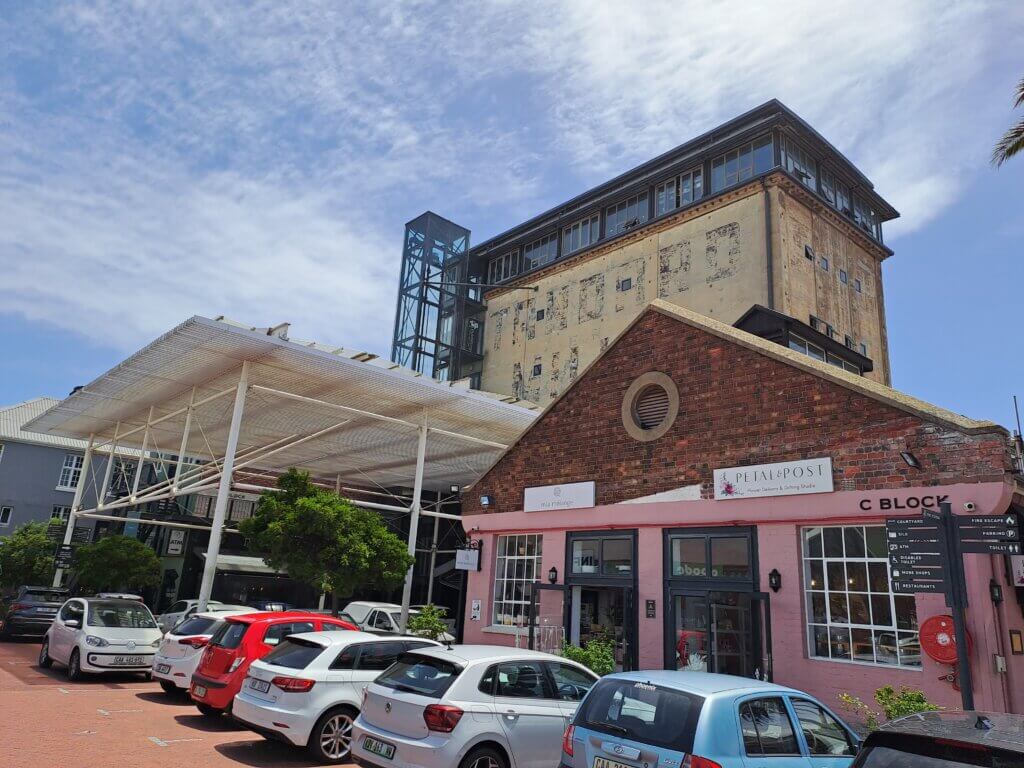
The menu is a chef’s playground of small plate delicacies. As for the wine, Director of Operations for Luke’s restaurants, Steven Hackner, says: “We like to showcase wines that express individuality , wherever possible. We love to support lesser or unknown brands of good texture quality. If it’s delicious, we want to serve it.”
“We’re always on the hunt for expressive wines,” he adds.
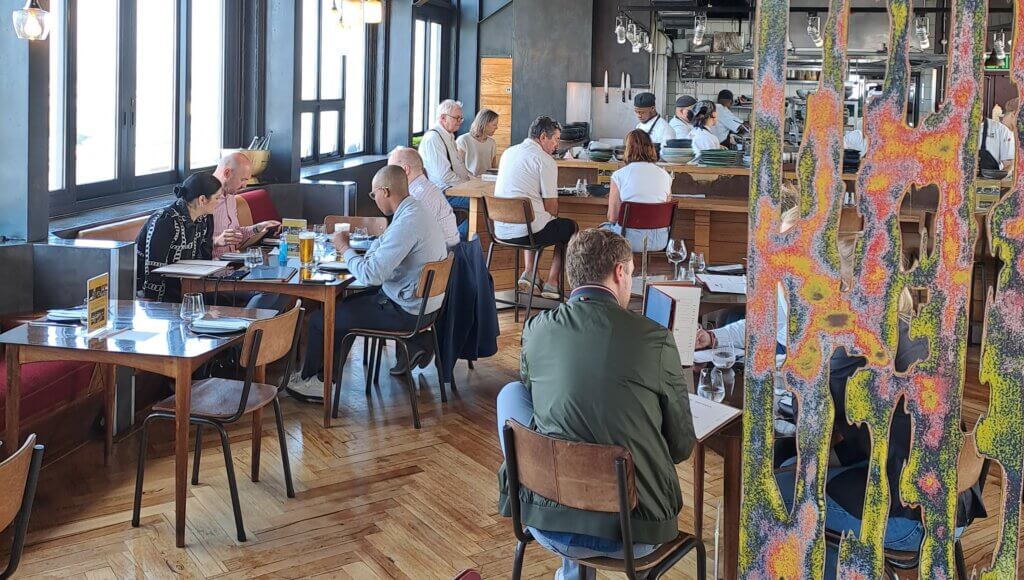
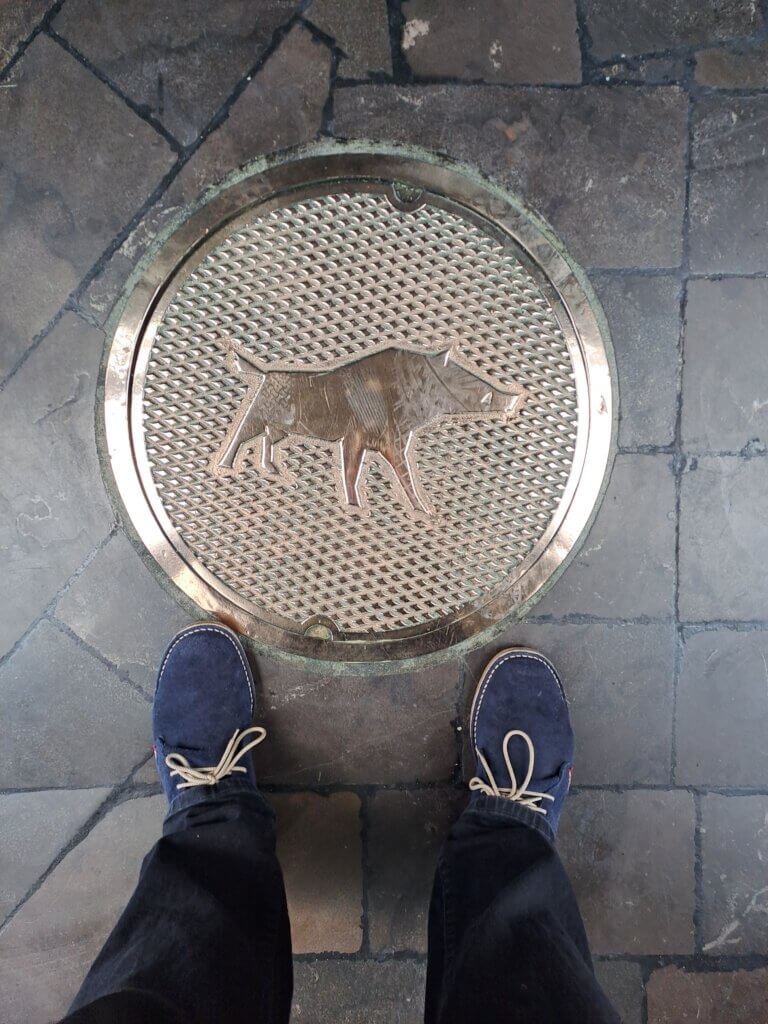
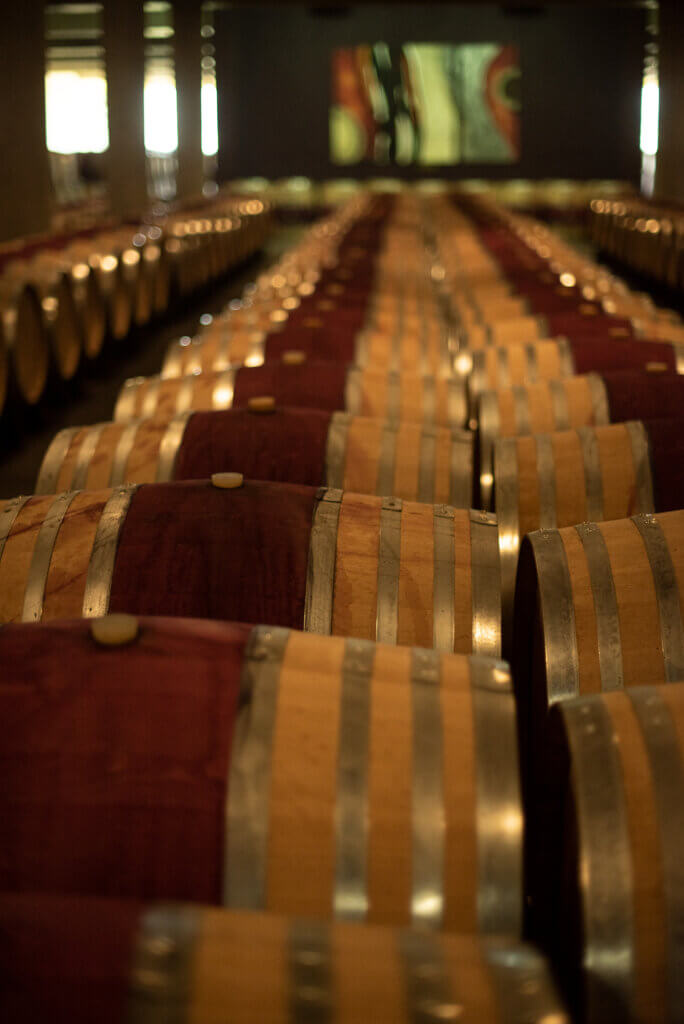
WINE AND FOOD EXPLORATION
Interpreted, this means change is the constant. Some wineries, however, recur. Among them, top producers such as Alheit, Kanonkop, Boekenhoutskloof, Glenelly, De Toren and Sadie Family Wines.
One of them is in my glass as I sample the “Taco 2.0”, a dish with a line fish ceviche, black bean purée, charred corn salsa and avocado with a chipotle dressing. Then, the “Penang Pork Belly”, with coconut and peanut curry and lime-pickled onion. More follow, billowing an enchanting world of aromas and flavors.
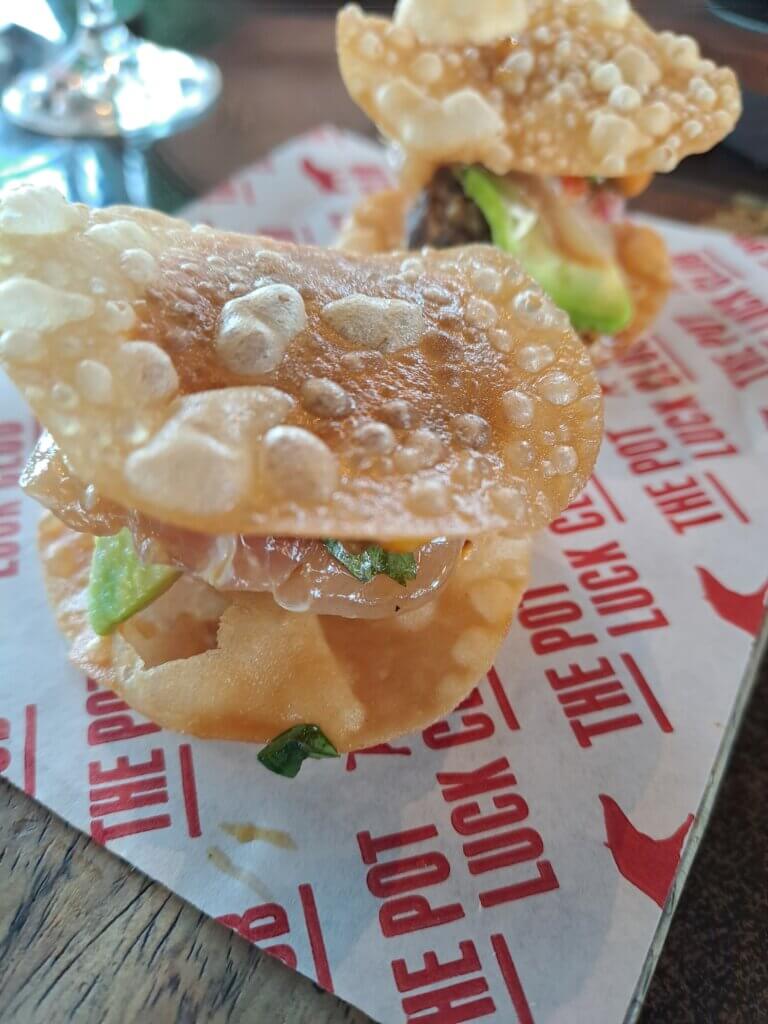
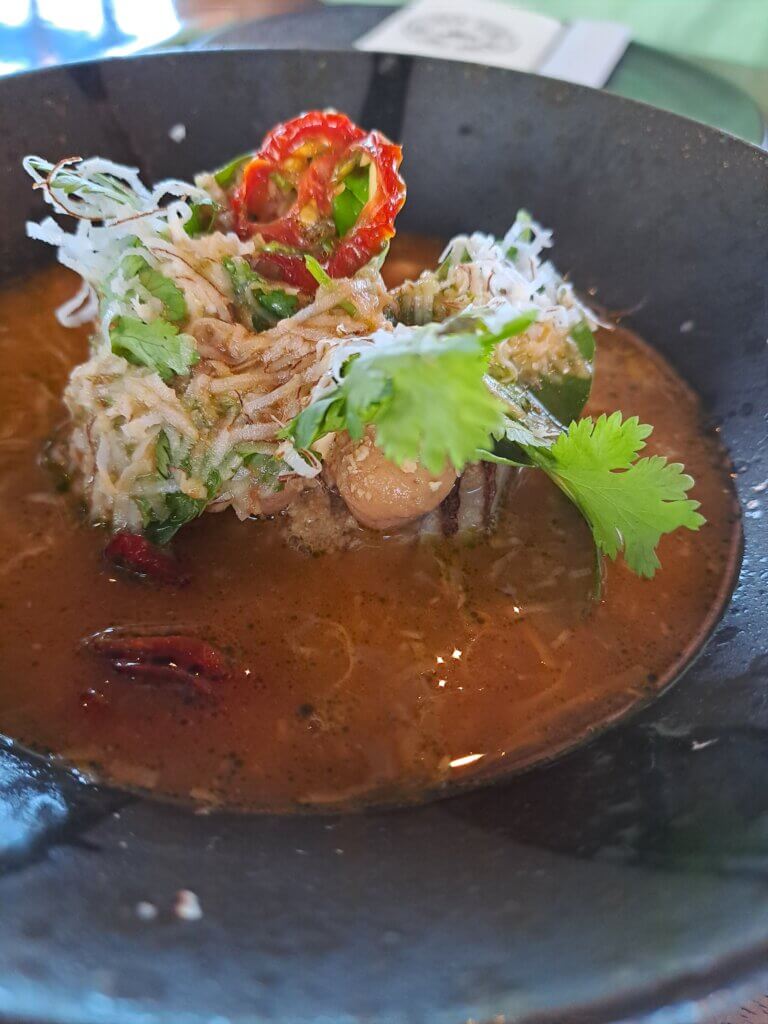
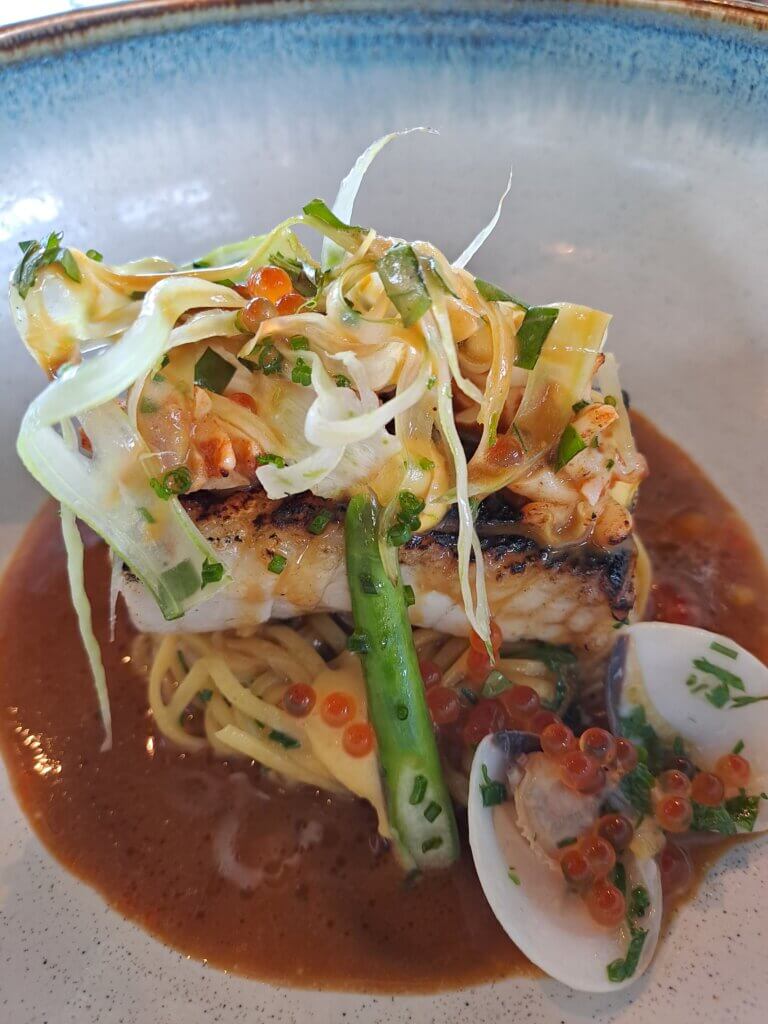
Back to the wine, The Potluck Club sommelier Brown Tumba says varietal diversity helps to keep things interesting for diners. “We base decisions on, amongst other factors, style, region, vintage, and price. We try to ensure that we have multiple expressions of a variety.”
That holds true for the Pinot Noir whether it’s from Hamilton Russell or Bouchard Finlayson; Chardonnay, from Creation or Delaire Graff. Exploration is the name of this game.
Interestingly, no-one mentions awards as means of measurement. Selecting quality at this level is a given, and South Africa clearly has enough in spades. How good are South African wines? At The Potluck Club it’s ultimately the diner’s perspective that trumps all.



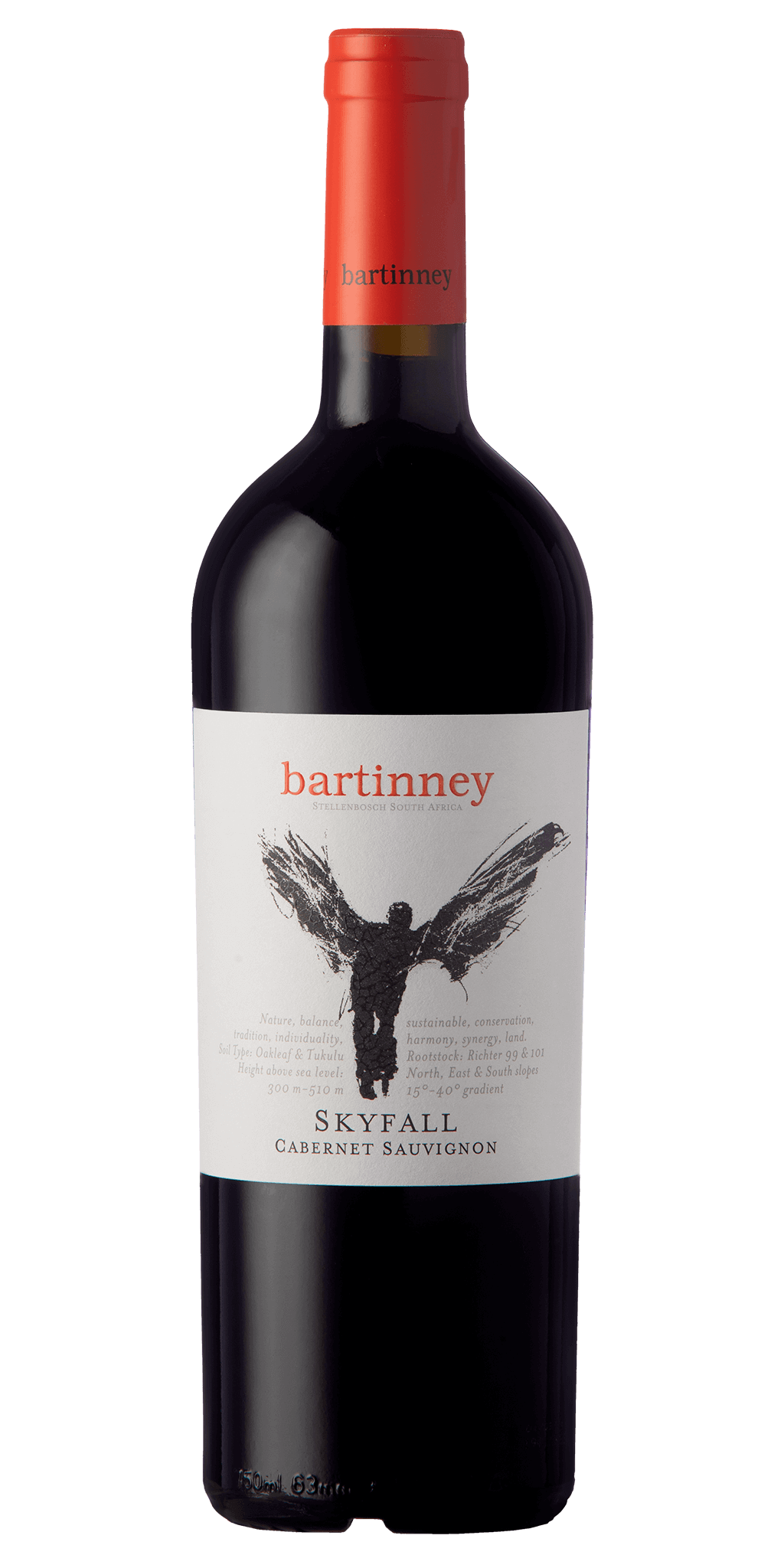
 +1 888 812 2543
+1 888 812 2543